On my birthday: My favorite life hacks for getting older
From the archives: There's a lot of technology out there that makes it easier.
It’s my birthday, and I am thinking about getting older. I have been thinking about this for a while and used to write about it often on the Mother Nature Network. So much of my writing has disappeared over the years as websites were closed, but I archived many of the MNN ones and am going to republish a few of them today and tomorrow. I find this one from 2016 to be interesting; I am eight years older, but not much has changed. In the second last paragraph, I mention social media; my views of it have changed significantly.
I had a birthday this past weekend. I went out to dinner with my family. While I was in that noisy restaurant, I pressed my Apple Watch a few times to switch my Halo 2 hearables to restaurant mode, which focuses them on the people across the table and cuts out a lot of the extra noise. That makes me wonder why people complain about loud restaurants instead of having their hearing checked and getting some modern tech to fix it. I've written about hearables a few times, but it’s just one of the many things you can do to keep doing what you love to do, to adapt.
Here are some of the things I've done over the years:
Downsize for dollars
There are so many baby boomers who say that they want to “age in place” and stay in their suburban homes. The problem is, they're dependent on their cars to get around or to do just about anything. As Jane Gould wrote in her book "Aging In Suburbia":
An estimated 70 percent of Baby Boomers live in areas served by limited or no public transit. If Boomers stay in their homes as they age and continue to drive their cars, do they put other drivers and pedestrians at risk?
Yet many people are sinking big bucks into “aging in place” renovations with giant bathrooms, wide corridors and huge kitchens, giant garages with room for a wheelchair van, when the object of this game is to keep out of wheelchairs, to be mobile and on your feet as long as possible. That’s why people who live in Italian hill towns and New York walk-up apartments live longer than most Americans; all that schlepping up and down the stairs keeps them fit and mobile.
We raised our family in a relatively large house in a 100-year-old streetcar suburb in Toronto, and I wanted to sell it and move into a condo downtown. But my wife wanted to stay and one of my kids was paying a lot of rent not too far away, so we duplexed the house; we rent the upstairs to my daughter at a market rent that pays the mortgage cost of the renovation. We live in a third of the space we used to. To do this, we had to get rid of a ton of stuff, but we now have a lovely minimalist small dwelling unit instead of a giant drafty old house.
Crank up the lumens and check the colour temperature
In a previous post, Boomer alert: You need better lighting to compensate for aging eyes, I noted that by age 65, the amount of light that gets through those cloudy lenses is down to a third of what young people see, so you need a lot more light. Fortunately, this is a great time to be going through this stage because new LED bulbs are getting brighter and better without using more power. When I wrote that article, I theorized that having RGB bulbs like the Philips Hue, where you can adjust the colour, might be useful for aging eyes as lenses are yellow with age. In fact, this has proven to be true. According to the Lighting Research Center, our eyes change as we age:
-Reduced contrast and color saturation: The crystalline lens becomes less clear and, as a result, begins to scatter more light as one ages. This scattered light reduces the contrast of the retinal image. This effect also adds a "luminous veil" over colored images on the retina, thus reducing their vividness (saturation). Reds begin to look like pinks, for example.
-Reduced ability to discriminate blue colors: The older eye loses some sensitivity to short wavelengths ("blue light") due to progressive yellowing of the crystalline lens.
This totally explains the lighting wars my wife and I have over our settings; I like the light bright and very cool white, almost blue, and she likes it warm. So when the newspaper arrives, I get out my phone and switch to "Concentrate” mode and crank it up as high as it can go.
Study shows that older people should cycle more. (Photo: Oxford Brookes University)
Get a bike
This is perhaps the single most important thing I've done: I just refuse to drive and I ride my bike everywhere, year-round unless the city is a sheet of ice. Driving is stressful; everybody goes so fast and I get so judgmental of everyone else going through red lights and speeding, I feel much more relaxed and comfortable cruising along down the bike lane. It's also much cheaper and I suspect for most trips in the city, just as fast.
However the health benefits are probably the best part. A recent British study noted:
Cycling offers the potential for positive experience by providing older people with the means to participate in meaningful activity: to engage with landscape, foster personal relationships and maintain social contact with the outside world. The broader health and wellbeing benefits of cycling need to be recognized, promoted and supported through activities, events and programmes.
I hurt my knee snowboarding two years ago and now find running painful; I've been cycling a lot more because it is pretty much zero-impact and is easy on the knees. We also walk a lot. Instead of driving to my birthday dinner, we walked 45 minutes, got some exercise and really worked up an appetite.
Get an Apple Watch (or another fitness tracker)
Really, my watch is such a nag. But it bugs me to get at least 30 minutes of exercise every day, and to stand and move a lot. It even tells me to take a break and breathe. I now put it on the second I wake up so that it tracks everything I do. I also use Myfitnesspal to track everything I eat and drink. It's depressing to see how much I do of both, but as they say, what gets measured, gets managed.
Manage your memories
The late Nora Ephron noted:
We're saved somewhat by Google. You can — when you're all sitting around the table desperately snapping your fingers in the hopes of remembering the name of that movie that you can't remember the name of — you can make people think that you are not as old as you actually are because you have the technology to find the answer.
But we are also saved by other internet sites; I particularly love Evernote, my giant bucket where I put everything — scans of invoices, websites I want to remember, documents, research — all in one place. [Update: now I use Apple Notes] I never write anything on a piece of paper because I might lose it; I wrote the outline for this post on the back of an envelope because it was handy — and then I lost it. I scan and shred, scan and shred so that I can search on everything and don’t have much paper around. When I'm not near my scanner, I use Scanbot on my phone.
Most importantly, I've become a creature of habit about it, and I make it totally part of my routine so that I know, if I need information, I can find it all in one place.
Never stop reading
Everyone complains about the millennials always staring at their phones, but I'm worse; I'm almost never not looking at my phone, iPad or computer. I'm reading news sites, environmental journals, magazines and newspapers. I subscribe to left- and right-wing journals to keep up on all sides of politics, trying to cope with the Wall Street Journal the Washington Post and the Guardian online before the local dead tree papers arrive on the doorstep. There are a lot of things I do not know, since I don't watch TV or have cable. I'm really terrible at modern cultural references, never saw an episode of "Seinfeld" and do not know anything about the Kardashians. But my brain is always working at absorbing.
I actually prefer to read books on my iPad to the paper book; I can crank up the font and highlight really easily for future reference.
It's a great time to be getting older — for some.
My 98-year-old mom never had a cellphone and never touched a computer, and when she lost her driver's license, she felt trapped in a much smaller world. My late mother-in-law parked herself in front of the television for about a decade because that was about all she could do.
The recent American election revealed a massive schism in America —many people of boomer age who don't know how email or servers work, who don't have good jobs and don't know what they or their kids are going to do. They're probably pretty close to my age, but frankly, they sound like my mother-in-law and feel like they are a different generation.
But I suspect that those in my generation who have been immersed in tech and phones and computers will be far luckier and happier and connected through social media; I had 47 people wish me happy birthday on Facebook and I even knew most of them — and I barely use Facebook. It was nice. It was nice walking 45 minutes to a restaurant; it was nice being able to adjust my hearables on my Apple Watch while I was there.
For those who are wired in, who have the money and the access and the insurance, there has probably never been a better time to get older. It's a shame that not everyone is so fortunate.




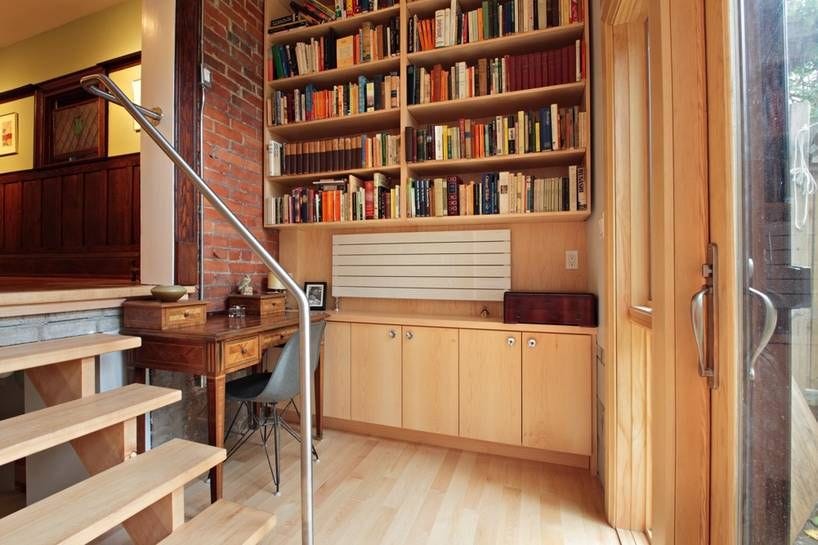
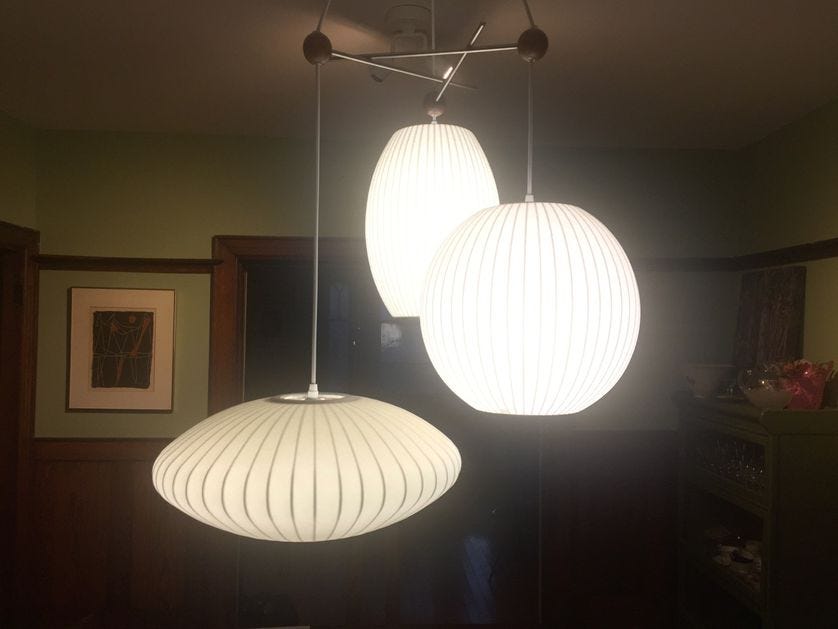
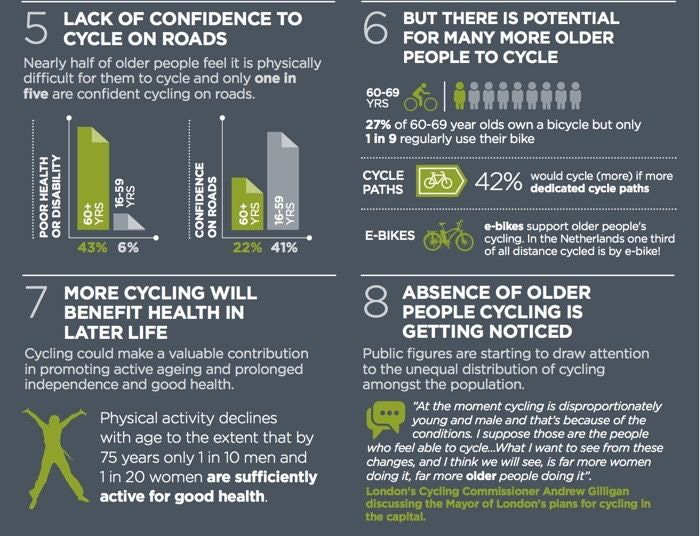
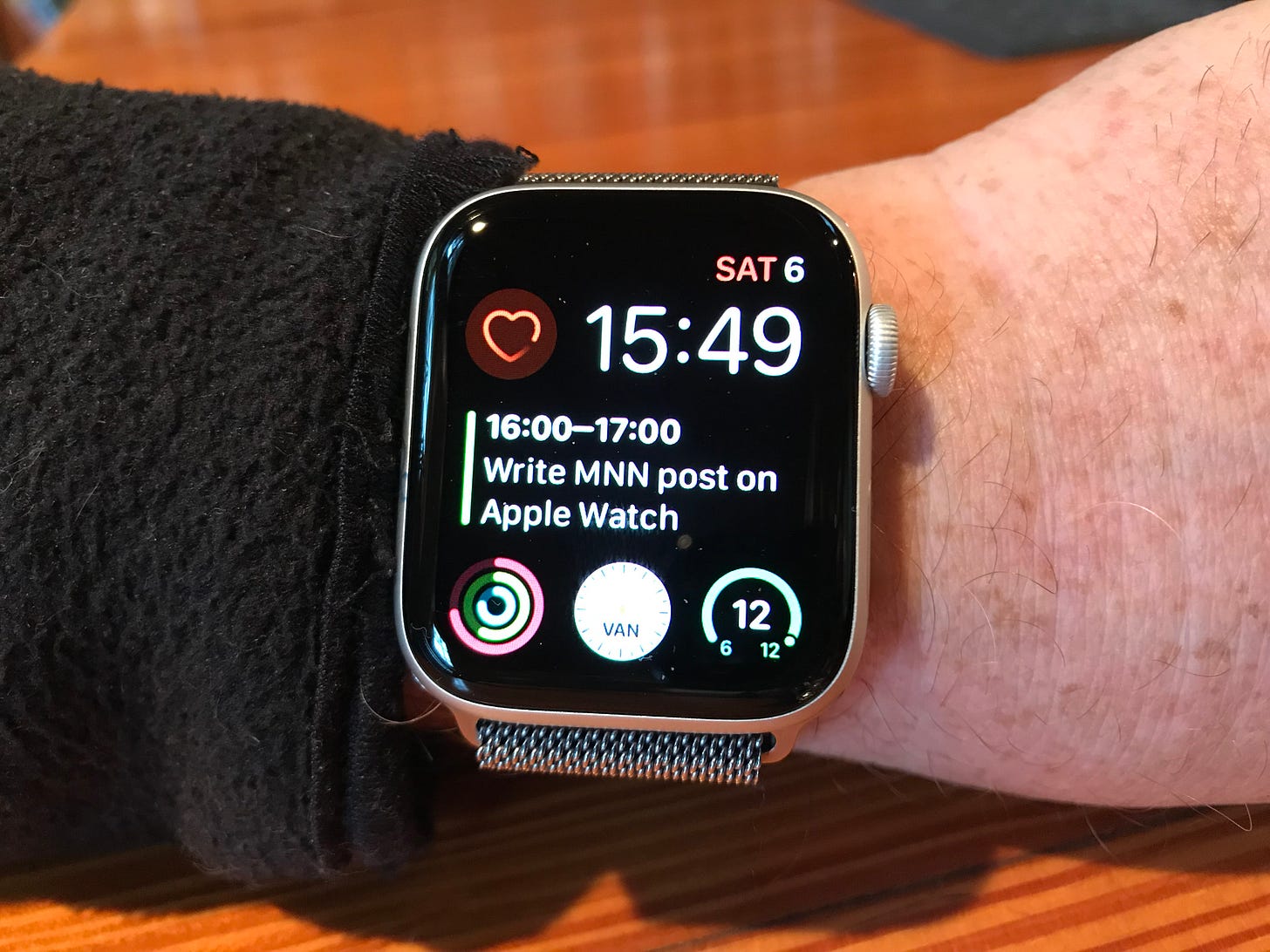
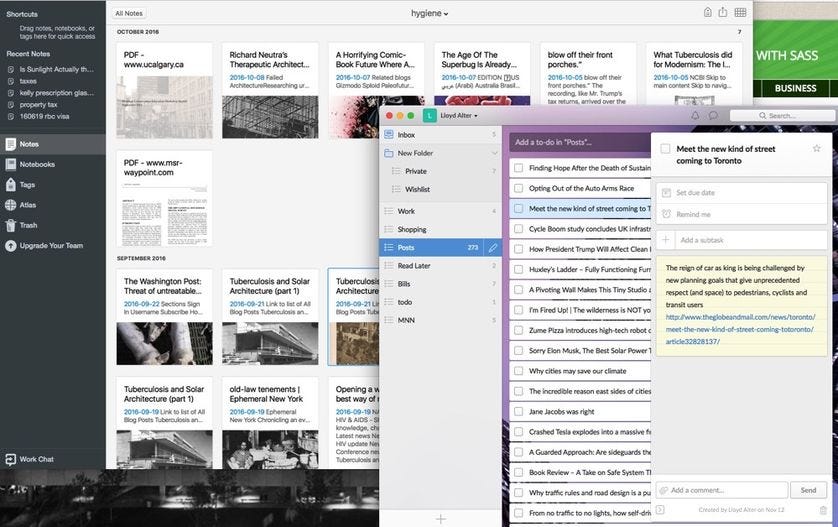
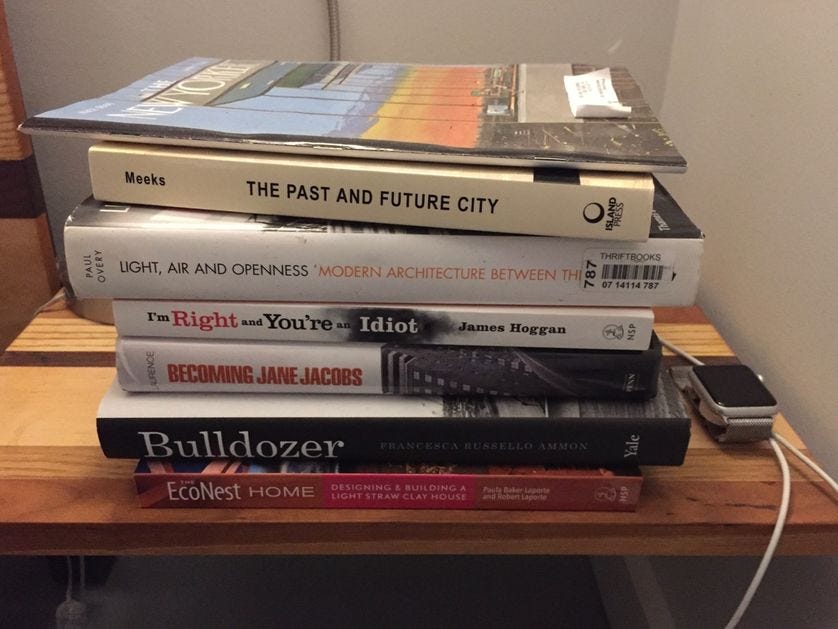
I'm 60 and enjoying every minute of it! Like you, I am a sponge. Reading reading reading. Never ending curiosity about the world. During one of my many bouts of depression I had to realization that the number one reason I wanted to stick around was to LEARN!
I have mildly embraced Tech where it improves my life. The app on my smartphone that I valued the most is notes. I have ADHD and I have learned how to write everything down in notes and it has been a game changer!
It IS a great time to be alive; between advances in medical technology and information technology (to say nothing of the advances in things like flat-panel TV's and LEDs or the like) our aging populations are far better off than in previous decades. Yet it's also a time for far more anxiety and affordability. We need to not forget about the goals in life, which is essentially the human experience—finding happiness, creativity, and forming meaningful human relationships. The Zoomers and Gen Alpha should keep that in mind as they grow up.